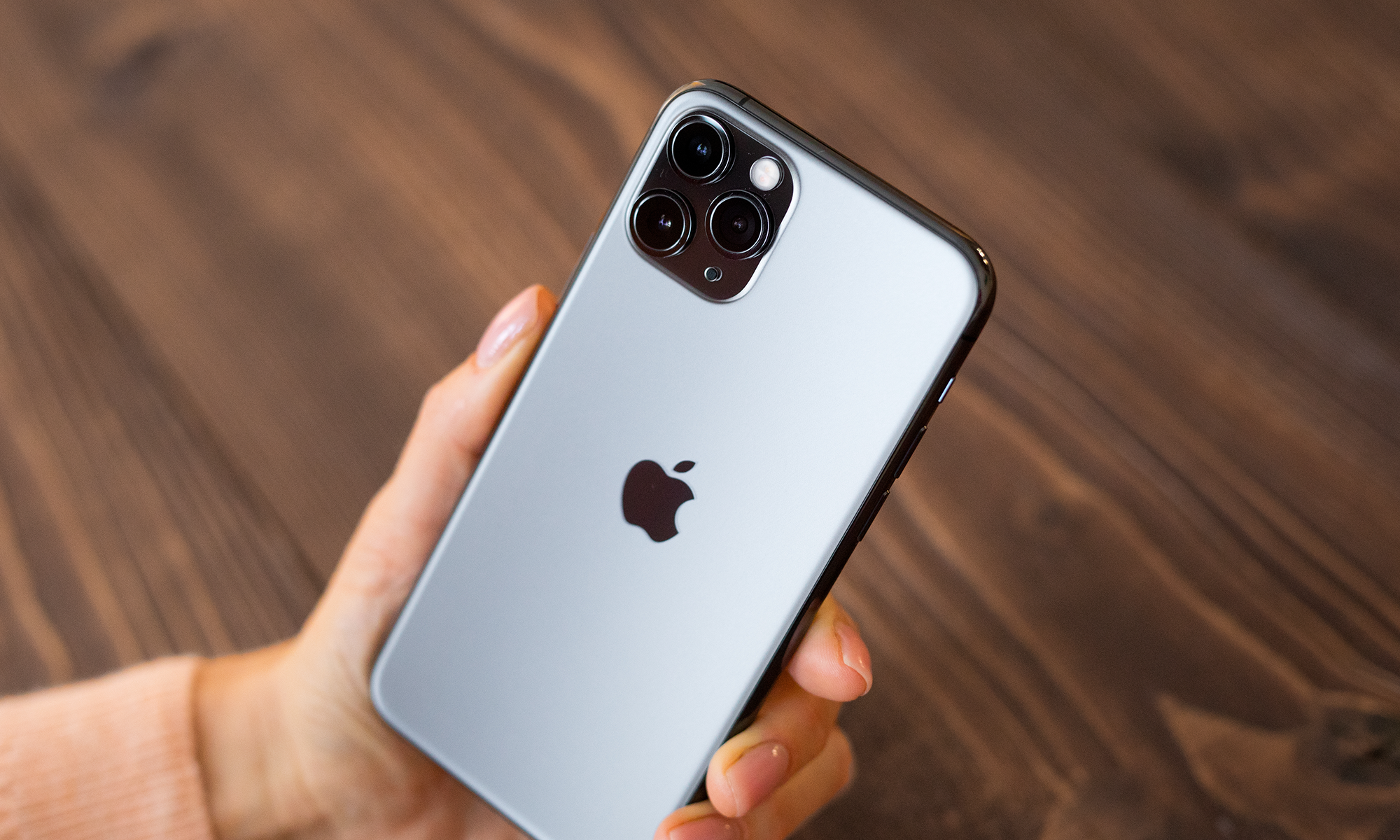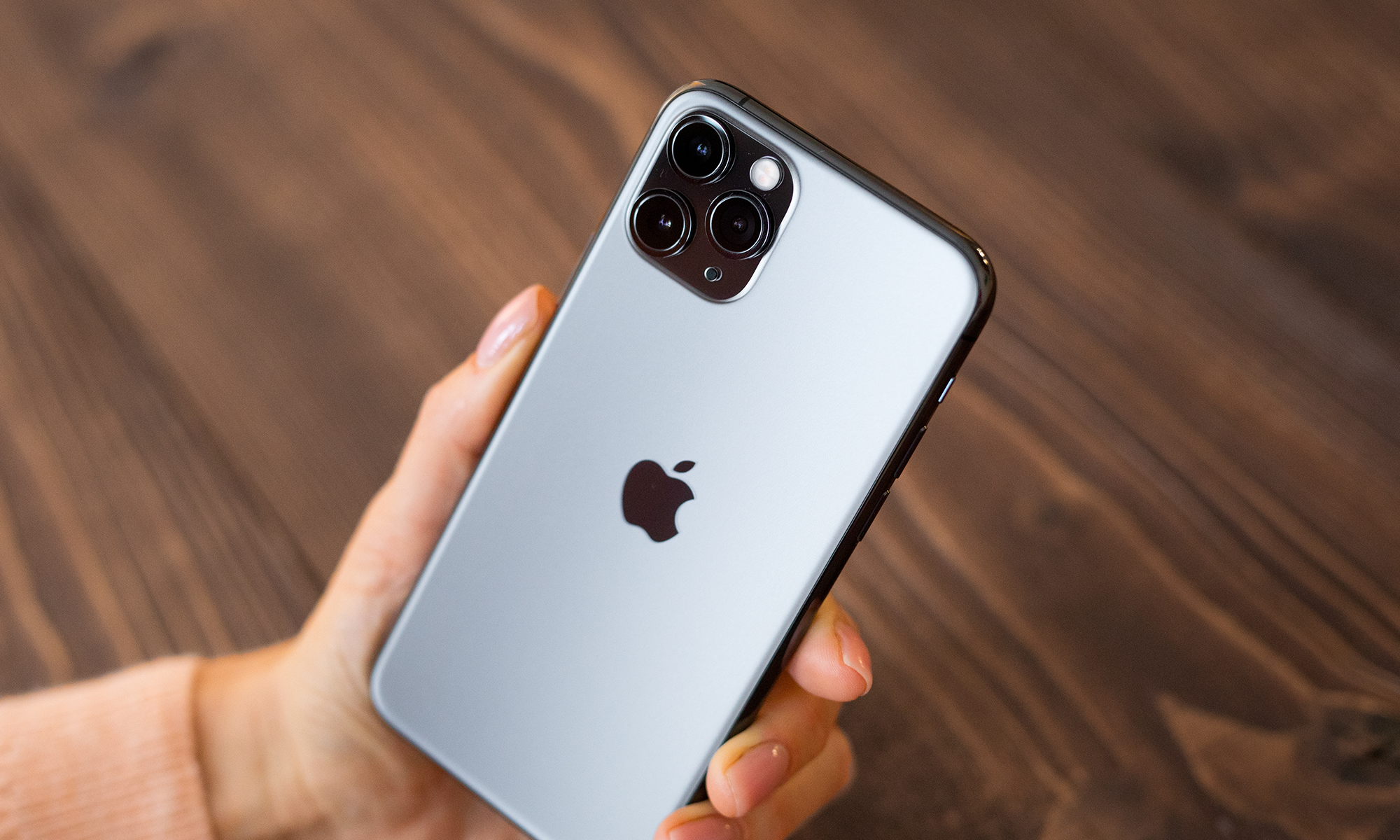Though it's difficult to find one cut-and-dried definition of the Internet of Things, or IoT, just yet, most consider it to be what could be described as a connected world. The ability to manage our cars, homes, and on a grander scale, our day-to-day lives, all at our fingertips, is the vision shared by many in the business of making IoT a reality. As it relates to IoT and our homes, there are already two of the biggest players on the planet targeting what is expected to be a fast-growing, lucrative market: Apple (AAPL +0.62%) and Google (GOOG 0.02%) (GOOGL 0.07%).
With such heady competition, some might question Microsoft's (MSFT 0.83%) recent decision to team with insurance giant American Family to help jump-start its home automation efforts. But it's not necessarily the IoT competition that Apple and Google bring to the table that makes Microsoft's new partnership intriguing, it's how little commitment to the effort it's demonstrating.
The deal
Microsoft isn't entirely new to IoT, though taking steps to truly connect mobile devices with the world around us hasn't been a focus. As of now, when Microsoft talks about IoT, it's primarily referring to connecting the trillions of bits of data all around us. But managing all that information is really more about big data than connecting a smartphone, to your thermostat, refrigerator, car, and most everything else.
The partnership with American Family is more directly tailored to connecting consumers to their homes. The new home automation efforts include Microsoft providing its time and some resources, like mentors and the use of its facilities, to start-up ventures devoted to smart homes. American Family has agreed to invest a minimum of $25,000 for companies accepted into the program, for an equity share.
According to the folks at McKinsey Global Institute, IoT could make a nearly $3 trillion to over $6 trillion impact on the economy in the next 10 years. Clearly, IoT has tremendous upside, and the battle for our homes will be a key component of that growth. So, Microsoft taking strides to become a player in IoT makes perfect sense, but is the partnership with American Family enough?
Competition is getting fierce
There's a reason Apple carved out time at its recently completed developer's conference to announce the rollout of HomeKit, a platform that will be included in the new iOS 8 scheduled for introduction this fall. HomeKit will allow iOS 8 users to control their home gadgetry from an iPhone, making Apple one of the early entrants in the home IoT market, and giving it a leg up on Google, and certainly Microsoft. Not to mention, connecting iDevices to the home will certainly enhance user engagement, making what Apple device consumers use that much more indispensable.
Google is going about its IoT home automation efforts differently than Apple, as it demonstrated when it acquired smart thermostat manufacturer Nest Labs for $3.2 billion earlier this year. There have also been rumors circulating that Google is in talks with smart video manufacturer Dropcam. And don't be surprised to hear more whispers of similar acquisitions in the future.
Clearly, Google envisions its smart homes will be all-encompassing, using devices running Android OS to manage its proprietary smart products. Apple, at least for now, seems content to provide iFans with the ability to connect third-party gadgets.
Final Foolish thoughts
With the advent of Windows Phone OS, following a similar path as Apple to managing smart homes would seem to be natural. And it's no secret Nadella wasn't exactly enamored with the $7.2 billion deal for Nokia's devices and services unit, so getting into home gadgets doesn't seem likely.
With the infancy of IoT in general, and smart homes in particular, Microsoft is wise to ramp up its efforts. But is the American Family venture really a commitment to IoT and smart homes? Frankly, not much of one, and certainly not enough to catch the likes of Apple and Google who are focusing significant resources on IoT. Nice first step, Microsoft, but a leap would have made more sense.










